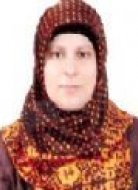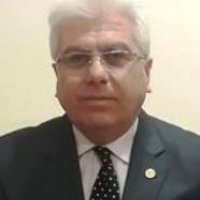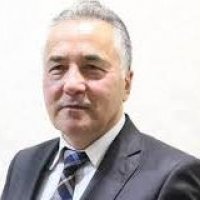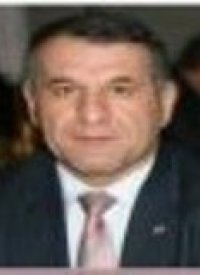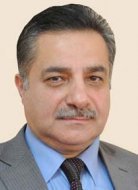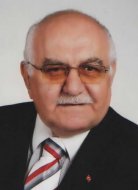Ankara, Aug 19 () - Former Iraqi Prime Minister Nuri al-Maliki’s charges against Turkey for lending support to militants of the Islamic State of Iraq and the Levant (ISIL) have found a bitter response from Ankara, who said al-Maliki was among the leading actors in the fall of Mosul to jihadists.
The Turkish Foreign Ministry also announced it had summoned the Iraqi ambassador in Ankara to protest a report by the Iraqi parliament, which criticized the Turkish consul in Nineveh, of which Mosul is the capital, for alleged links to ISIL.
“There is nothing about former Prime Minister [al-]Maliki’s remarks to be taken seriously” Turkish Foreign Ministry spokesperson Tanju Bilgiç said in a written statement released late on Aug. 18, which came in the form of an answer to a journalist’s question.
Earlier on Aug. 18, al-Maliki denounced as worthless the parliamentary report which blamed him and others for the fall of Mosul to ISIL last year and called for them to be referred to the judiciary.
The parliamentary report alleged al-Maliki had an inaccurate picture of the threat to Mosul because he chose corrupt commanders and failed to hold them accountable.
Al-Maliki, who had previously accused unnamed countries, commanders and rival politicians of plotting the city’s fall, on Aug. 18 blamed Turkish and Iraqi Kurdish leaders.
“What happened in Mosul was a conspiracy planned in Ankara, then the conspiracy moved to Arbil” he said in a Facebook post, referring to the capitals of neighboring Turkey and the Kurdistan Regional Government (KRG), a semi-autonomous region in northern Iraq whose forces have taken a leading role in battling ISIL.
Bilgiç retaliated against al-Maliki, suggesting he was not only one of the figures responsible for the fall of Mosul, but was “the chief architect of today’s crisis environment in Iraq with the oppressive, discriminative and excluding policies that he imposed.”
Al-Maliki’s comments were “prompted by his sense of guilt stemming from having played a part in the invasion of one-third of Iraq by Daesh, the deaths of tens of thousands and the dislocation of millions,” Bilgiç said, referring ISIL by using the Arabic acronym “Daesh.” Instead of the original acronym Daesh standing for “Ad Dawlah al Islamiyah fil ash Sham” the Foreign Ministry statement used it in its form altered by Turkish President Tayyip Erdoğan as “Deash.”
The ministry also summoned the Iraqi ambassador to Turkey earlier on Aug. 18 and told him comments made in the parliamentary report about Öztürk Yılmaz, the former Turkish consul general to Mosul who was taken hostage last year along with 48 others by ISIL militants for 101 days, were “unacceptable” and they “strongly protested” those comments, Bilgiç said.












